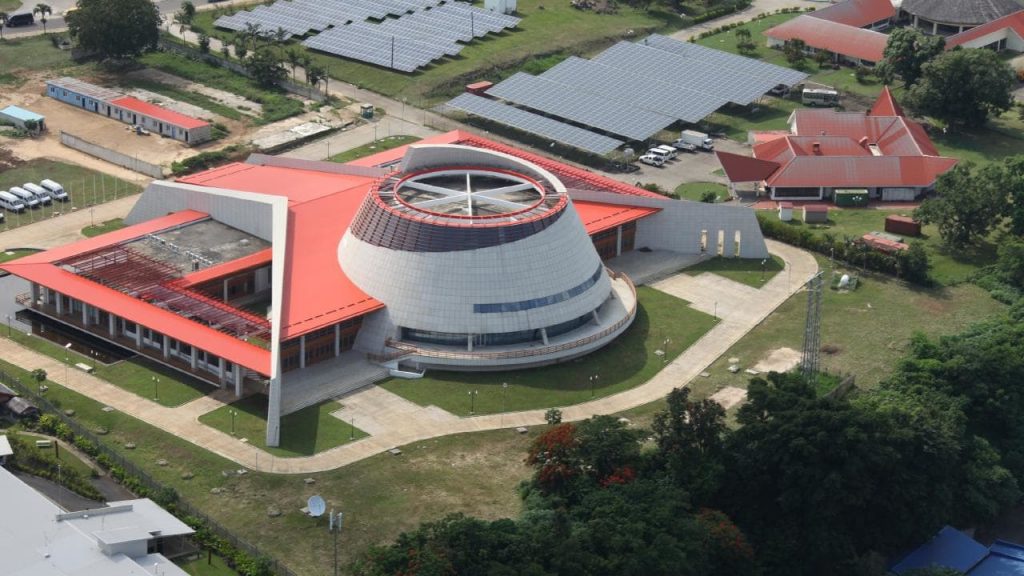Business Insider: China tries to censor Vanuatu on “60 Minutes”
How China tried to shut down Australian media coverage of its debt-trap diplomacy in the Pacific
Original Article: How China tried to shut down Australian media coverage of its debt-trap diplomacy in the Pacific
This is astounding, to say the least.
Five days before Australia’s “60 Minutes” program aired a report on China’s dept-trap diplomacy in the Pacific region, the show received an unusually aggressive phone call.
“Take this down and take it to your leaders!” the voice on the other end of the line shouted.
It was the voice of Saixian Cao, the head of media affairs at China’s embassy in Canberra. According to a report from “60 Minutes” journalist Charles Wooley, she was yelling at the show’s executive producer, Kirsty Thomson, after failing to gain any traction with higher-ups at the network.
“You will listen,” Cao reportedly shouted into the phone. “There must be no more misconduct in the future.”
This is an extremely unusual move by China, which could very well suggest that the debt-trap diplomacy, especially on Vanuatu is pretty high on China’s list of interests. For them to be so defensive and insecure, its definitely worth our attention.

Vanuatu’s National Convention Centre. Cover Photo and Photo from The Australian
Business Insider previously reported how diplomats at a Chinese consulate in Australia invited an advertiser in for an hours-long “tea chat” to convince them to stop funding independent Chinese-language journalism. Another advertiser had Chinese intelligence and security agents physically camp out in his Beijing office to strip funds from critical media.
“All Chinese language media are very obedient. Shouting at local Chinese media is not a surprise, but [shouting] at one of the mainstream English media is rare. Saixian Cao could be punished for her behaviour such as being given an internal warning,” Chen said.
Business Insider also continues to report that such media censoring activities are commonplace against Chinese media.
They continue to lay out how Vanuatu is doing an economic and sovereign suicide with the following:
Earlier this year reports emerged that China discussed setting up a military presence in Vanuatu, a claim both countries denied but which Australian defense officials reportedly confirmed. And the country’s newly built Luganville wharf, which was funded by China and seems more suited to navy vessels than cruise ships, would be crucial to this.
The fear is that Vanuatu, like many countries before it, accepted a loan with exorbitant interest rates and may need to hand over the wharf to China if it defaults, a practice called debt-trap diplomacy.
The country can’t even afford the cleaning or electricity bill for a $19 million, Chinese-built convention center.
Yet Vanuatu took an $85 million loan from the Export-Import Bank of China for the Luganville wharf, which is topped with a 2% interest rate, that needs to be repaid within 20 years. But a similar wharf project in Port Vila, which was funded with a Japanese loan only required a 0.55% interest rate and gave the country twice as long to repay it.
Original Article: How China tried to shut down Australian media coverage of its debt-trap diplomacy in the Pacific

